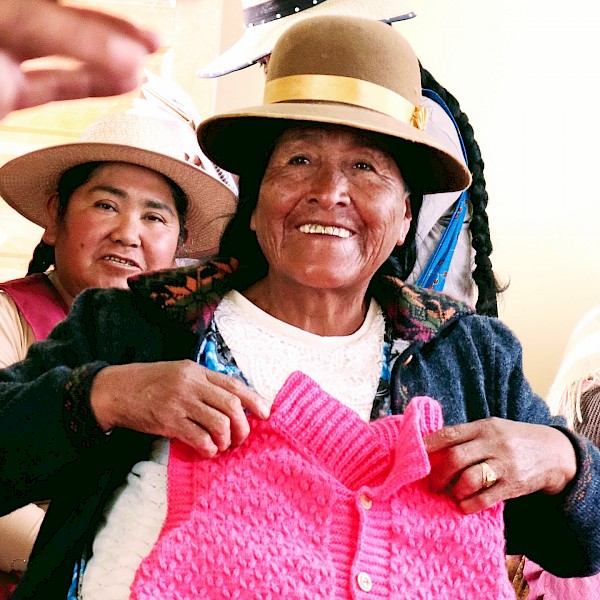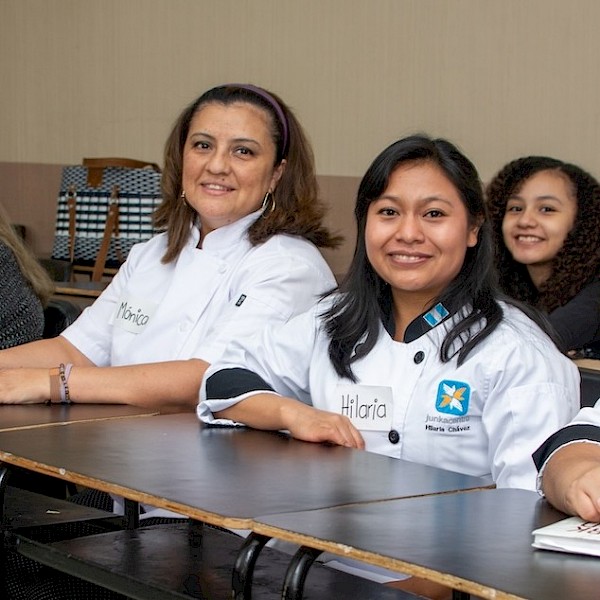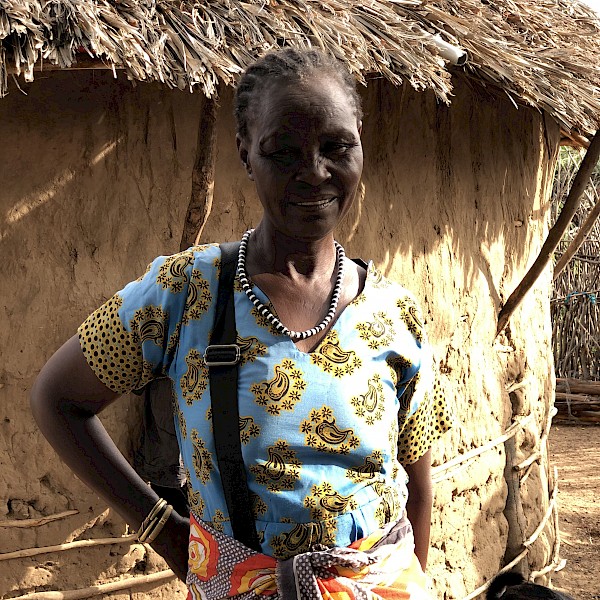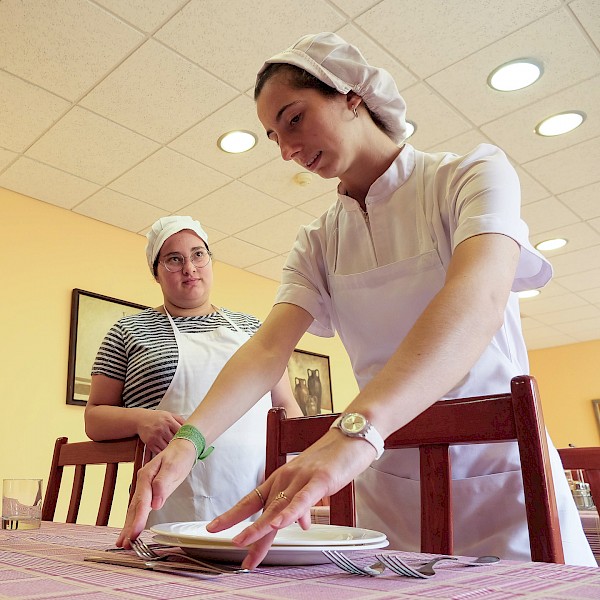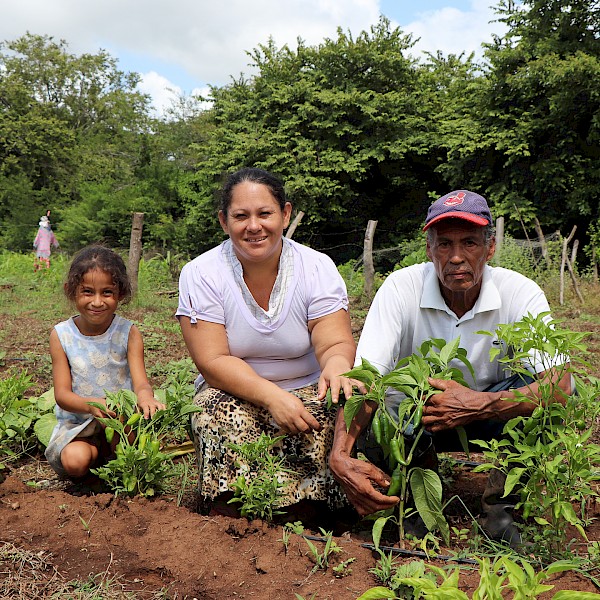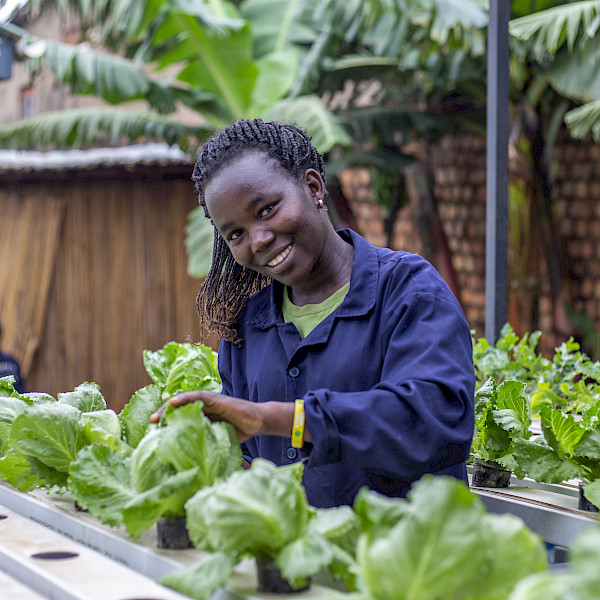Lebanon
A profession for all: professional training for countryside women – Phase II

Duration
2017 – 2018

Budget
90 000 €

Beneficiaries
Women
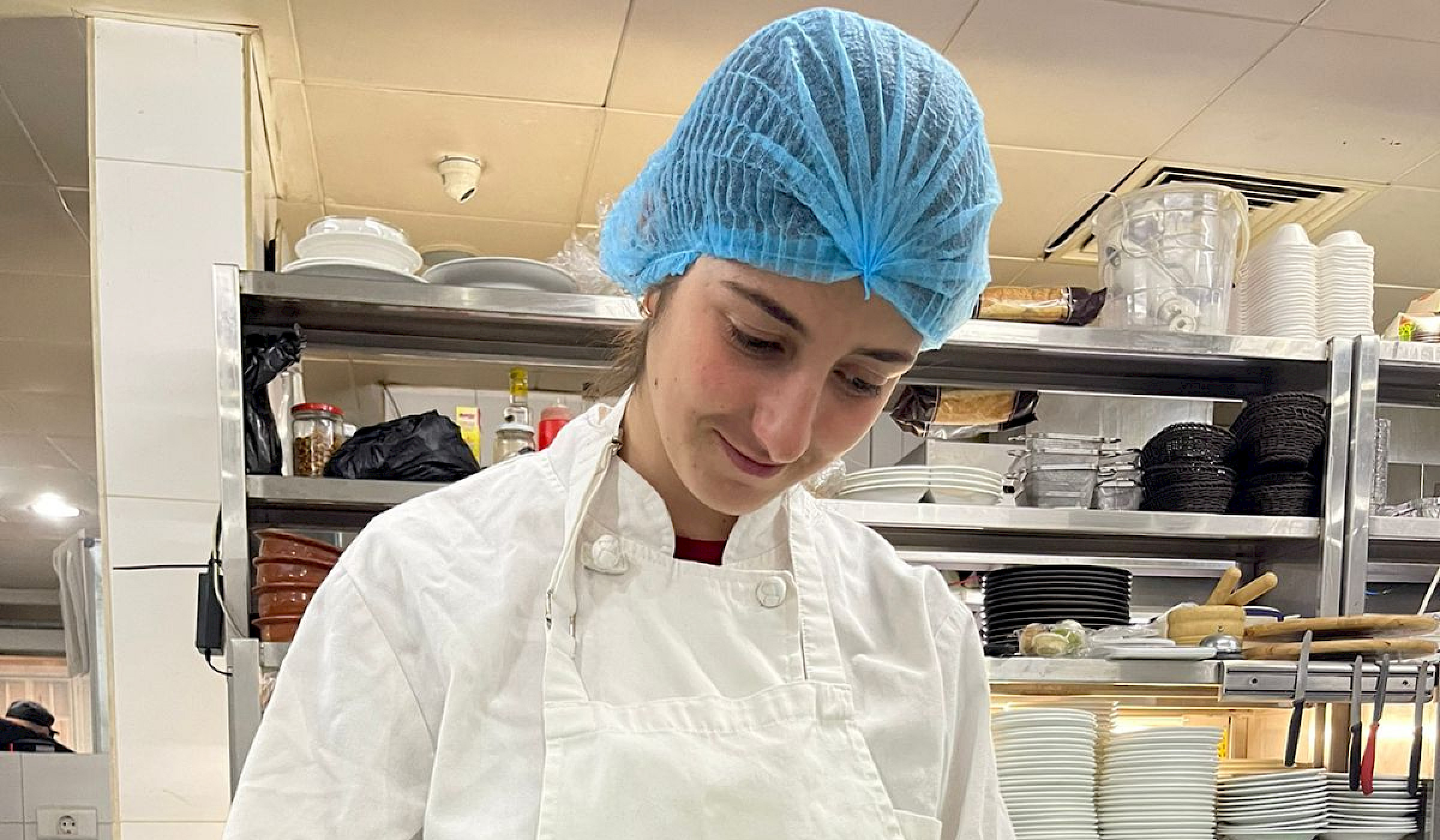


Continuing the Support for Professional Education
The Second phase of Inter-Cultur's and IMS's project "A Profession for All" addressed women owners of microenterprises in rural areas to strengthen their socio-economic capacities by offering them capacity building and professional training that will strengthen their economic stability. To take preventive action due to the increasing migration of youth from rural areas into the cities, the project also implemented a training program addressing young women.
During the 2 years, the project implemented the training programs twice following the academic year calendar: vocational training program, entrepreneurship, and soft skills. The project contributed to linking the local communities to this national synergy and efforts that may bring economic growth to the villages.
This project has been funded by the Ministry for Foreign Affairs of Finland.
Key Achievements and Outcomes:
- Awareness campaigns on Tourism and Hospitality addressed to 500 persons.
- Provided the beneficiary with vocational training in hospitality and soft skills.
- Strengthened the entrepreneurial skills of women through training.
Photo gallery
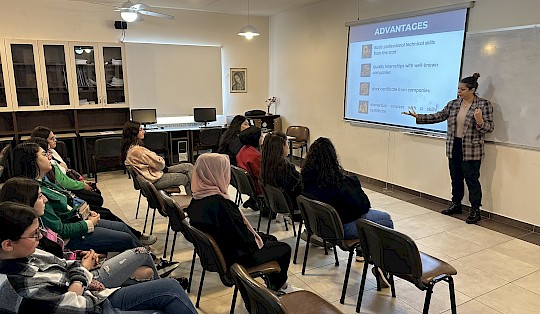
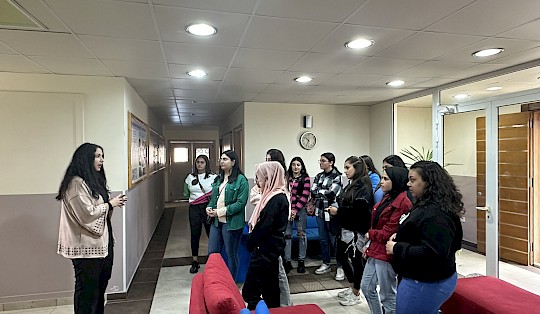
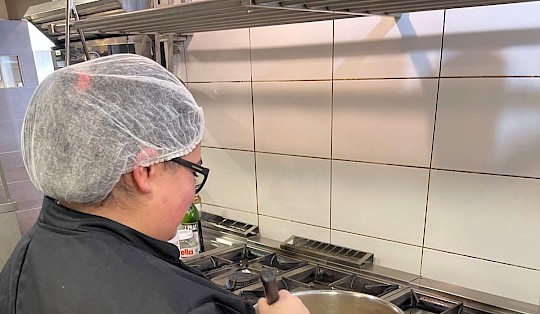
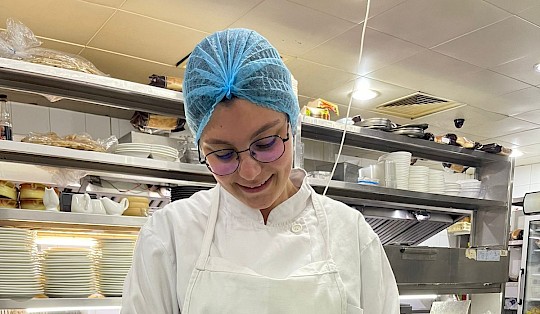
Countries
Bolivia
Home to the Andes mountains, Bolivia faces challenges such as poverty and environmental concerns, particularly among its indigenous populations. Our partnership with AYNI focuses on vocational training, literacy, and sustainable agriculture, aiming to empower marginalized communities and women.
Guatemala
In Guatemala, a country known for its rich indigenous heritage, we address the needs of women in disadvantaged situations through Fundación Junkabal. Our initiatives in vocational training and micro-entrepreneurship are designed to uplift women and advocate for human rights.
Kenya
Kenya's diverse landscape is the backdrop for our efforts to tackle poverty and unemployment in the country. Examples of our work include offering vocational education in Nairobi's slums through SET and Eastlands College of Technology, and improving the agricultural activities of rural women in Turkana County, both aiming to improve life quality and employment prospects with an integral formation model.
Lebanon
Lebanon, with its millennia-old heritage, navigates through profound economic crises and a significant refugee presence. In response, our partnership with PRODES and IMS is dedicated to empowering women through vocational training in hospitality, tourism, and gastronomy, equipping young women from rural areas for better prospects.
Nicaragua
Nicaragua, with its dramatic volcanic landscape, faces social unrest and economic difficulties. Our work with ANDECU supports women by investing in vocational training centers and micro-business resources, empowering them to improve their income levels and overcome challenges in their families and communities.
Uganda
Uganda, known for its diverse landscapes and rich cultural heritage, faces socio-economic disparities and gender inequality impacting vocational education access. Partnering with COWA, we provide women and youth with vocational training and technological empowerment to boost employment opportunities and economic independence, promoting gender equality and sustainable development.
